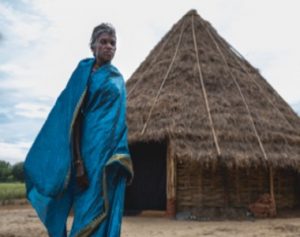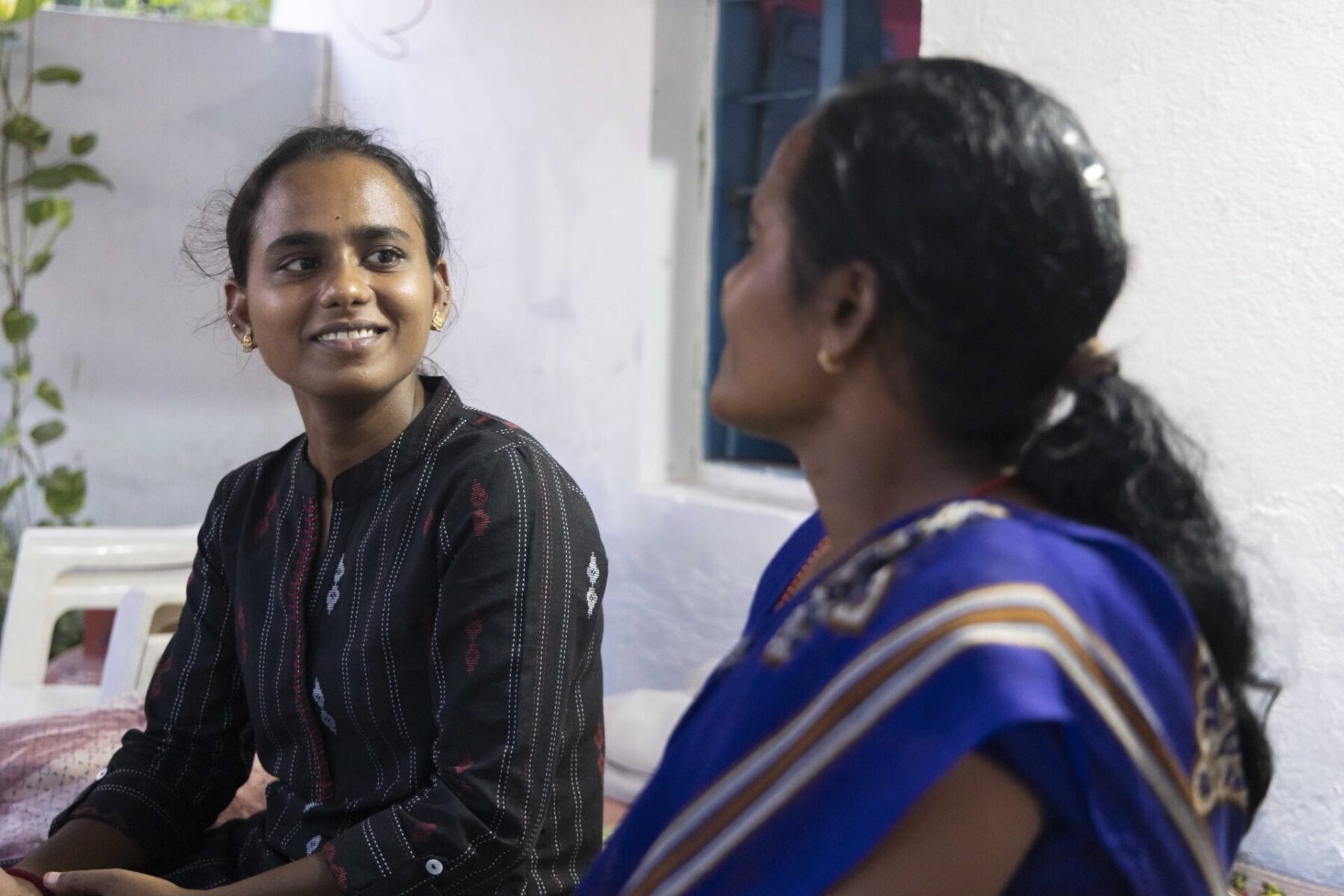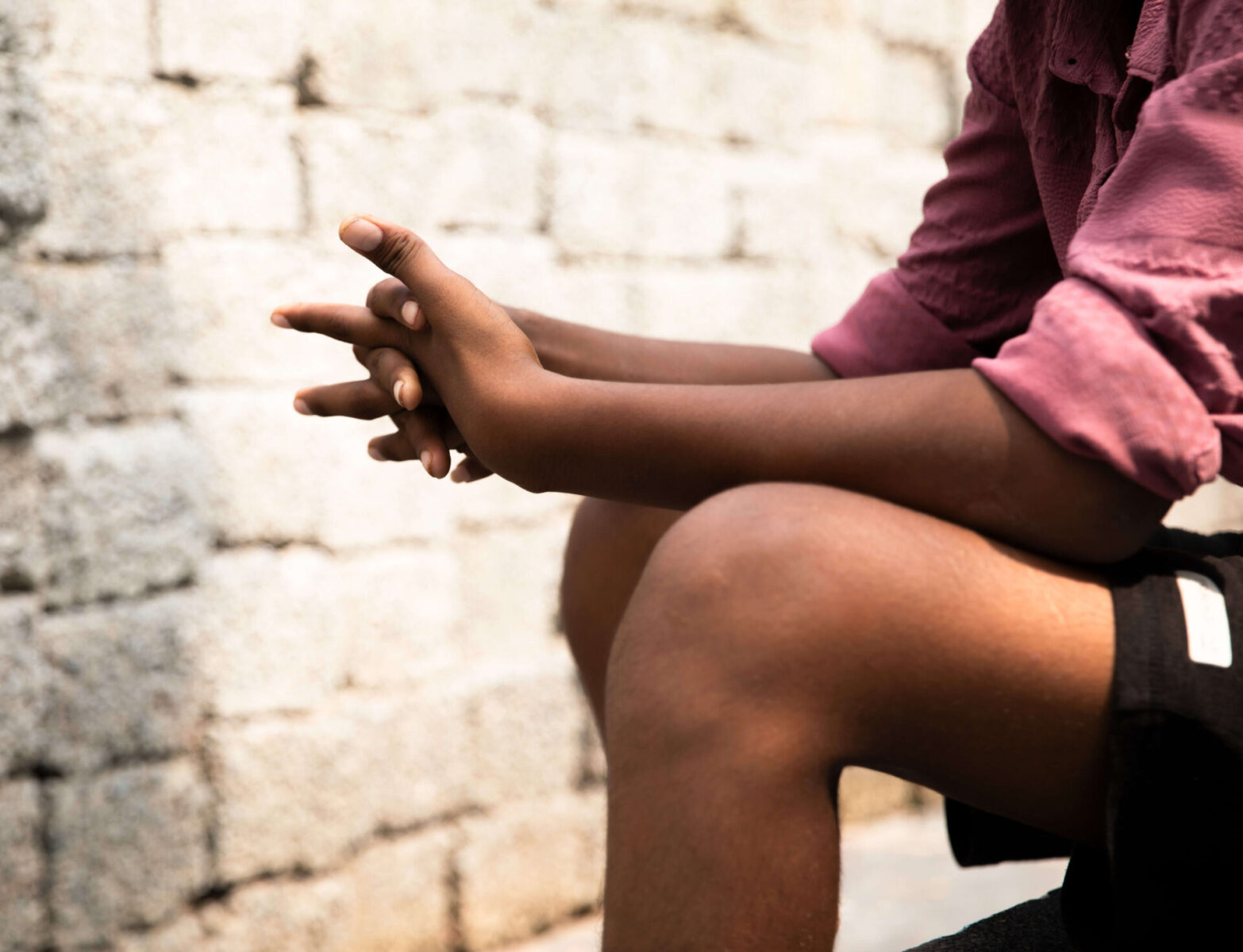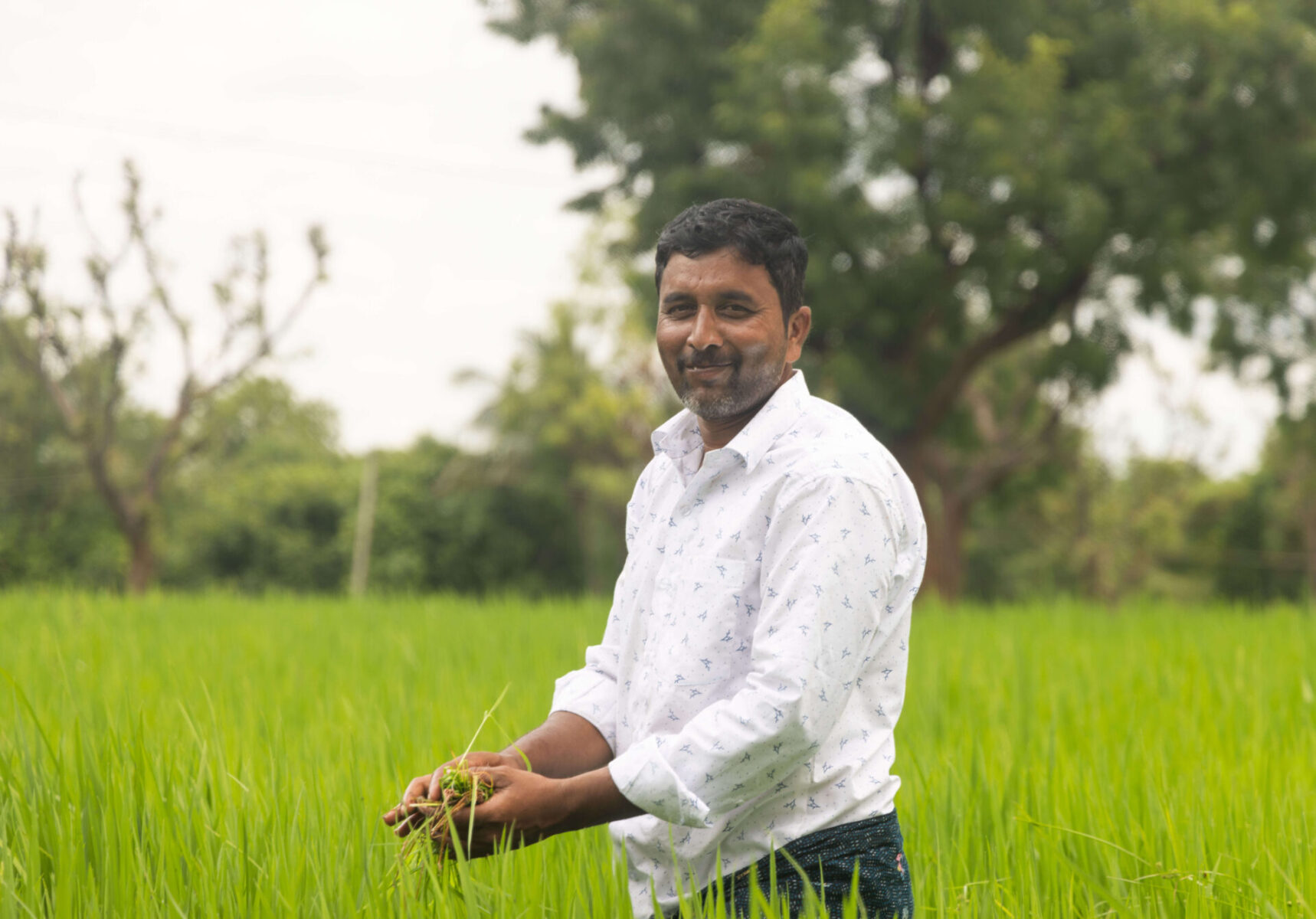State government, civil society and individuals stand united to combat the third wave through awareness sessions, access to vaccination and health care resources.
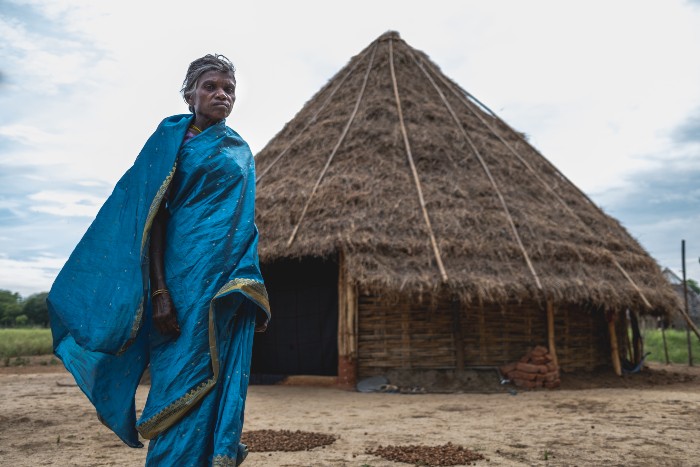
“Young and old in all corners of the world should have access to the COVID-19 vaccine“, says Guruvamma, a member of the Chenchu tribal community, who lives in the Nallamala forest located between the Indian states of Andhra Pradesh and Telangana.
In the midst of what has become a long race to guarantee mass vaccination in the second most populated country in the world, it is essential to ensure that all its citizens, living in the most remote areas or the most crowded metropolis, are informed and protected.
Indigenous and tribal people constitute a population of more than 476 million living in 90 different countries. In India, they represent 8.6% of the population – more than 104 million people, being the country that is home to the largest number of tribal communities.
With the arrival of the pandemic, the population as a whole has been exposed to the socioeconomic threats that have accompanied the health emergency. However, “Indigenous and tribal people are at greater risk, becoming more vulnerable due to lack of access to health services”, says B Pushpamma, who works as the Regional Director in Rural Development Trust (RDT), an NGO that has been working for 11 years with Chenchu Community in partnership with (ITDA) and the governments of Andhra Pradesh and the Telangana States.
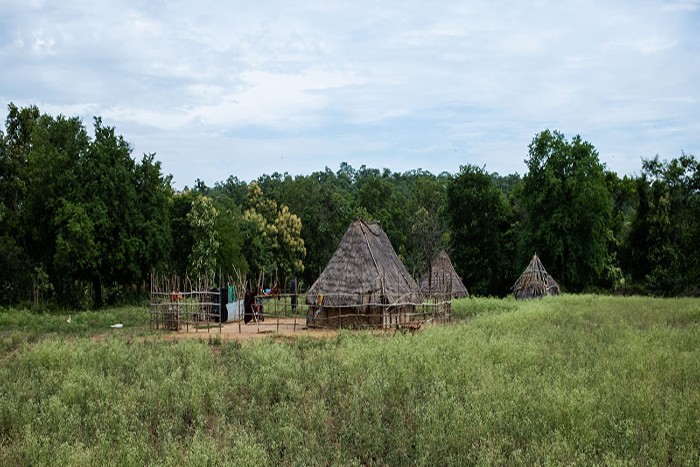
“When the first wave of COVID-19 arrived, I was afraid because we live very far from any medical centre, but at the same time I felt safe in our village because it is deep in the Nallamala forest, more than 60 km away from the nearest town,” says Guruvaiah. For centuries, the Chenchu community has subsisted in the depths of the forest collecting fruits, roots, and honey from the wild.
However, although they inhabit a protected area with restricted access – the Nagarjunasagar-Srisailam Tiger Reserve – they still need to go to the surrounding villages to sell what they collect, and grow, and get basic supplies. This exposes them to the virus and can be aggravated by the lack of medical facilities in the villages and their difficult access.
“If there is an emergency, they call us, and we send one of the RDT’s ambulances, but at the earliest, it can reach in 45 minutes”, says B Pushpamma explains. However, the time it takes for medical services to arrive is not their biggest challenge. It is the act of communicating, making the call. “I was afraid of getting infected because, in the villages, there is no connection. There is only coverage in some specific areas of the forest. If there is an emergency, we have to walk several kilometres to notify RDT,” confesses Guruvaiah.
Access to medical services is essential, but so is information in order to prevent any medical need. With the arrival of the new coronavirus, uncertainty and confusion became a reality for many. “Before receiving awareness sessions, I only knew that there was a virus that could kill people. Then I understood how it can affect me and how I can prevent getting infected,” says Guruvamma.
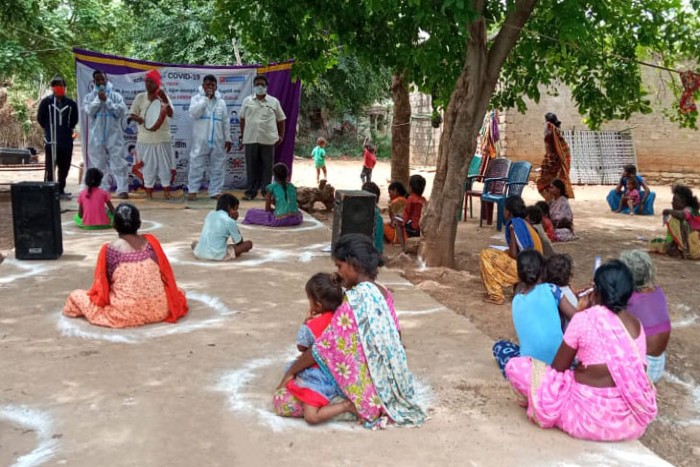
The awareness sessions began in March 2020 and continue to this day. However, they have been adapted to the needs of the moment. “During the first wave, we focused exclusively on explaining what COVID-19 is, how it can affect our body, what are the preventive measures that must be taken, and the importance of testing,” B Pushpamma explains.
Now, after a devastating second wave that drowned the country in one of the worst social and health crises in decades, the government and civil society are working together to achieve a massive inoculation and prevent another terrible episode. “We visit each town and village to offer information about the different vaccines and their benefits on a social and individual level,” B Pushpamma explains.
India launched the world’s largest vaccination program for COVID-19 on January 16th, 2021, with the great challenge of vaccinating its 900 million eligible citizens. Along with this challenge, India also has to face the challenge of misinformation and rumours. “I didn’t want to get vaccinated. People in nearby towns said that we could die from the vaccine”, Guruvaiah confesses. “I was scared. I didn’t know what could happen to me. I had heard that if I got vaccinated, I would get COVID-19, and I would not be able to go to the forest to work,” adds Guruvamma.
The RDT health workers who visit monthly to do a medical follow-up of people who lives in the Nallamala forest are the same women who have travelled to each village to raise awareness about the vaccination campaign through cultural programs. Pale Soludu, street theatre, songs and dances, have raised awareness in the Chenchu community.
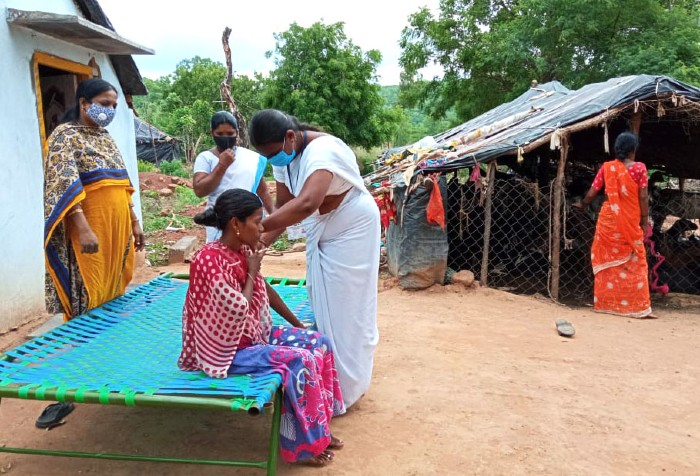
“In one of the performances, the health worker got vaccinated in front of everyone. That’s when I understood that if it was good for her, it was good for us. She always takes care of our health, and this time it is not going to be different,” says Guruvamma.
Information accessible through art has helped Guruvamma to make a decision. And like her, many others.
“In addition to explaining what the vaccine is, RDT makes it easier for us to have access to it”, expresses Nagamma.
The government has set up vaccination centres throughout the country. However, access to these for the Chenchu community is not easy. “We organize transportation to go and come back, or we accompany a medical team to the villages to identify the eligible people and get them vaccinated in our ambulances,” explains B Pushpamma.
Access to health infrastructures, information, and vaccination becomes essential when the world continues to be submerged in a global pandemic. “Vaccination against COVID-19 is very beneficial for us because we live very far from any hospital. If our entire community is vaccinated, we will be protected,” says Nagamma, who has already convinced 41 of her neighbours to get vaccinated.
As published in Youth Ki Awaaz

